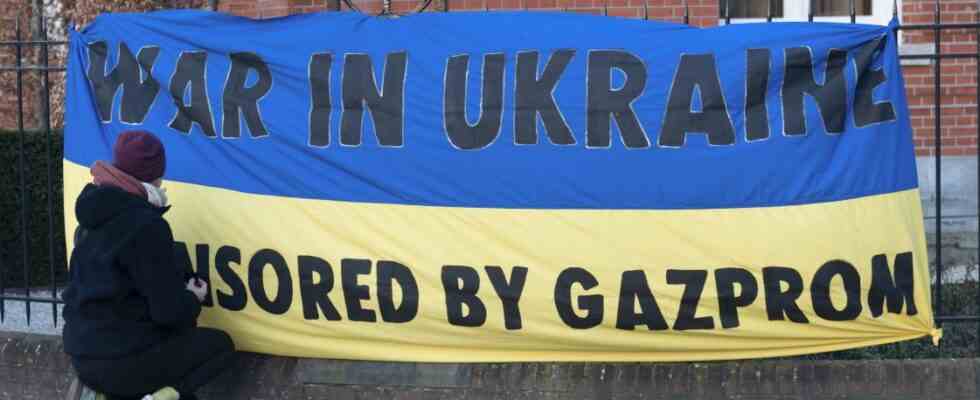Many acronyms in the financial world are little known to private investors, but an unpronounceable combination of letters has made it famous around the world. The four letters MSCI have become the gold standard for simple investing in many countries. Because MSCI, as an index provider, constructs thousands of stock indices that investors can follow on the stock exchange. When index providers recompose their baskets of shares, they become guideposts for billions. A power that the financial specialists are now fully exploiting.
The financial services provider has now decided to drop Russian stocks from many of its indices. By stripping Russian stocks of their emerging market status, the stocks can no longer be included in many well-known stock barometers. For example, investors who have invested in the MSCI All Country World index with around 4,000 stocks from all over the world should be without Russian stocks from March 10th.
However, this hardly applies to private investors who follow such stock barometers one-to-one with exchange-traded index funds (ETFs). “In any case, Russia was not represented in the MSCI World index for industrialized countries,” says ETF analyst Jan Altmann from analysis house Just ETF. Even in the broader MSCI All Country World with around 4,000 stocks from roughly 50 countries, Russia accounted for only around 0.4 percent of the weight before the start of the Ukraine war. Exactly 17 Russian stocks are currently in the index, from diamond producer Alrosa to gas giant Gazprom to VTB Bank.
How the ETF providers specifically throw Russian stocks out of their investment products differs. Some ETFs map their index one-to-one (fully replicating), others buy a representative sample of all stocks (partial replication), third artificially replicate the course of the index using complicated financial transactions (synthetic). Since the provider Lyxor artificially replicates its ETF on the MSCI All Country World, there are no Russian shares in the fund there anyway, so it should hardly have any conversion problems.
Other providers like iShares or SPDR buy a representative sample of stocks to follow the MSCI All Country World. It is currently unclear how they will specifically part with Russian shares. In Russia, brokers are no longer allowed to sell shares on instructions from foreigners, and trading is restricted on other stock exchanges. According to speculation, the providers are likely to initially book out the Russian titles pro forma from the affected ETFs. “Maybe they can later try to get some price for it on unofficial trading places,” says ETF expert Gerd Kommer from the investment company GKC.

